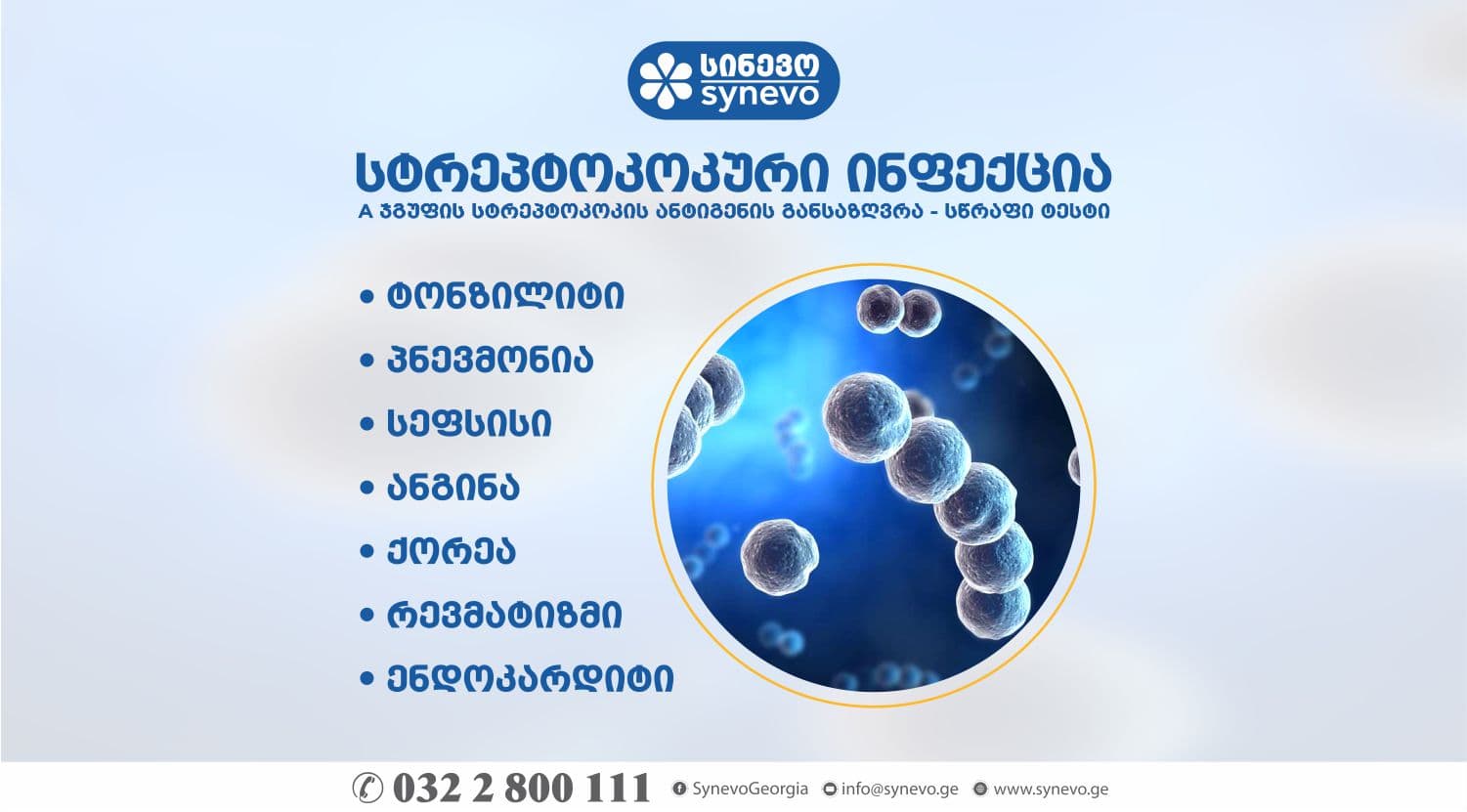
The site is temporarily down due to maintenance. Sorry for the inconvenience.
The site is temporarily down due to maintenance. Sorry for the inconvenience.
The site is temporarily down due to maintenance. Sorry for the inconvenience.
The site is temporarily down due to maintenance. Sorry for the inconvenience.
Quality & Accuracy
Experience
The latest technologies
Speed &
Credibility
₾130.00
Erythropoietin A glycoprotein hormone that causes an increase in the production of red blood cells (erythrocytes). In adults, about 90% of erythropoietin is formed in the kidneys, about 10% - in the liver (in the embryonic period it is produced mainly in the fetal liver).
Erythropoietin is a physiological stimulator of erythropoiesis, activates mitosis and maturation of red blood cells (erythrocytes) from the precursor cells of the erythroid lineage. Decreased oxygen content in the blood increases the production of erythropoietin, which in turn leads to an increase in the rate of formation and differentiation of erythroid stem cells in the bone marrow. Thus, erythropoietin is involved in the body's physiological response to anemia and hypoxia. If hypoxia is compensated, erythropoietin levels are usually within normal limits.
In primary polycythemia, which is associated with uncontrolled erythropoietin-independent production of stem cells from the erythroid lineage, the level of erythropoietin in the blood is not increased.
Kidney pathology is followed by impaired erythropoietin production and decreased blood concentration, leading to the development of anemia in chronic renal failure.
In cystic and tumor damage of the kidneys, excessive production of erythropoietin may be noted.
If the development of anemia is not associated with renal pathology, there is a proportional increase in the concentration of erythropoietin, a thousand times higher than normal levels, in excess.
Erythropoietin increases the consumption of iron, copper, vitamin B12 and folate by the bone marrow, which leads to a decrease in these substances in the blood plasma, as well as a decrease in transport proteins - ferritin and transcobalamin.
The secretion of erythropoietin by the kidneys is increased by exposure to glucocorticoids, which is one of the mechanisms for the rapid increase in hemoglobin in the blood under stress and the rapid increase in the ability to supply oxygen to the blood.
It is advisable to take the test on an empty stomach.
Venous blood
In primary polycythemia, EPO values are low or at the lower end of the range, while secondary forms develop high EPO values.
In patients who have anemia with chronic renal failure, the level of EPO is very low and corresponds to the degree of anemia due to the inability of the damaged kidney to produce erythropoietin.
Also, in renal transplantation, the organ removal reaction in patients is accompanied by a decrease in erythropoietin.
Patients with iron deficiency anemia, thalassemia, or spinal cord failure have high rates of EPO.
Elevated erythropoietin levels may be caused by erythropoietin-producing kidney tumors or tumors, the pressure of which locally suppresses blood flow to the kidney tissue, leading to hypoxia, anemia, or general hypoxia.
Patients who have a poor response to erythropoietin treatment and whose serum EPO levels are normal or even elevated may have other causes of anemia. However, if other factors have not been identified, the possibility of developing antibodies against erythropoietin is considered. This condition can have serious clinical consequences in the form of a risk of developing medullary aplasia of the red cell stem.
Increase in erythropoietin levels:
Decreased erythropoietin levels:
Testing process
|
Purchase a test |
Submission of material |
|
Results Online |
Consult a doctor |

More than 1000 routine and complex/specific diagnostic tests in all major areas of clinical pathology.

48 laboratory centers in 25 cities of Georgia: Tbilisi, Rustavi, Kutaisi, Batumi, Marneuli, Telavi, Zugdidi, Zestafon, Gori, Kobuleti, Akhaltsikhe, Khashuri, Sartichala, Kazbegi, Borjomi, Samtredia, Gurjaani, Lagodekhi, Akhmeta, Ozurgeti, Poti, Chiatura , Dusheti, Kareli, New Gudauri.

Use the Synevo web platform to view results from anywhere and anytime
Use the Synevo web platform to view results from anywhere, anytime
From Monday to Saturday you can use the laboratory services at home.
☎️ Hotline: 239 38 33 or 239 40 65
577293008 (9:00-დან 17:00-მდე)
30 laboratory centers in 11 cities of Georgia: Tbilisi, Kutaisi, Batumi, Kobuleti, Zugdidi, Zestaponi, Rustavi, Marneuli, Akhaltsikhe, Telavi, Gori.
More than 3000 routine and complex / specific diagnostic tests in all major areas of clinical pathology.

"Synevo" - Providing a wide range of diagnostic services in Georgia, offering more than 1,000 routine and specific diagnostic tests in all major areas of clinical pathology. By the end of 2023, the Synevo Georgia network will include 3 clinical laboratories and 47 blood sampling units, which will perform more than 300,000 tests.
Contact information
Address: Tsinandali St. N9 (N1 Clinical Hospital area)
2021 – 2023 © Synevo. all rights reserved